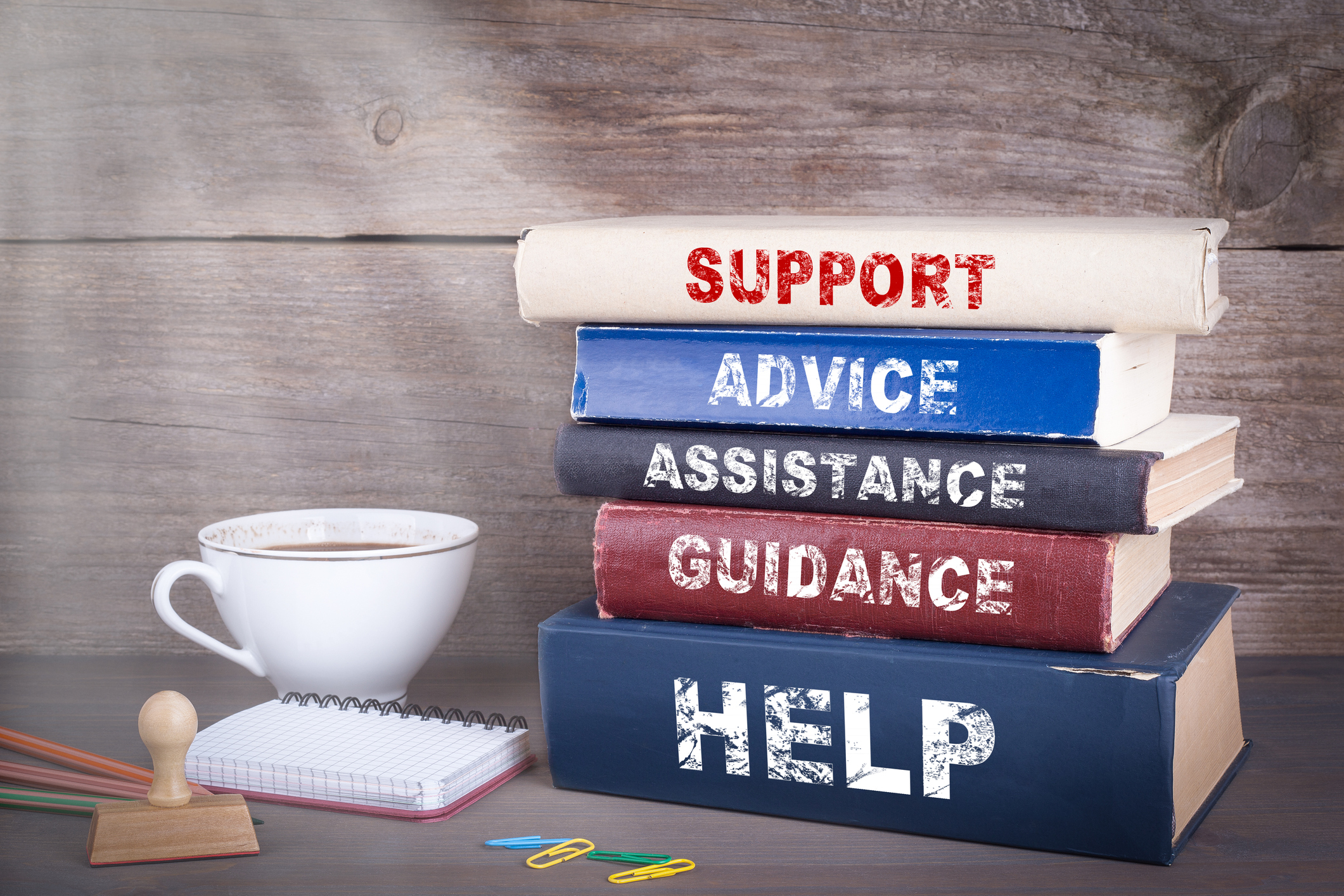Informal and unpaid caregivers are increasingly looking after the physical and emotional needs of aging parents or other loved ones but most receive little or no training before taking on this challenging and sometimes overwhelming role. Slowly, healthcare systems are recognizing the stress and potential for burnout caregiving often leads to and putting supports systems in place to ease the strain.
According to a 2016 AARP study, family caregivers provide $470 billion in unpaid care and are nearly twice as likely to have emotional and physical problems than other American adults and are three times more likely to have trouble with productivity at work. Unpaid caregivers frequently suffer from social isolation, depression and may fail to take proper care of their own health, lacking time or access to respite care.
Recognizing the emotional and physical strain, along with financial implications of informal caregiving, has paved the way for a national strategy to address the needs of primarily female caregivers. Providing training for caregivers who perform medical tasks is rapidly being adopted by many states who have passed laws requiring hospitals and nursing facilities to train caregivers before releasing patients home.
Beyond medical care such as dispensing medication, taking blood pressure or changing bandages, family caregivers also may assist with bathing, provide meals and drive to doctor appointments. And yet many caregivers receive absolutely no training and are unaware of support systems that could help them better cope.
To respond to this vital need, the Care Transitions Intervention Model was developed by gerontologist Eric Coleman, thanks to a MacArthur Foundation fellowship grant. Coaches who talk with caregivers before discharge and at home have been able to reduce hospital readmission rates by up to 50 per cent and give caregivers the tools to make their enormous job just a little bit easier. More than 100 hospitals and healthcare systems have adopted the care transitions model.
Non-profit, Dignity Healthy Systems out of California also provides coaches to family caregivers who help with diet, medicine dispensing and video training for medical procedures. When patients and caregivers return home after a stay in hospital, all the information given at discharge can become a blur in the days following and it can be overwhelming to try and manage everything; having the support of a coach can make all the difference.
For more information and support for family caregivers, follow this link to the National Center on Caregiving’s Family Caregiver Alliance.






Add Your Voice
0 Comments
Join the Discussion